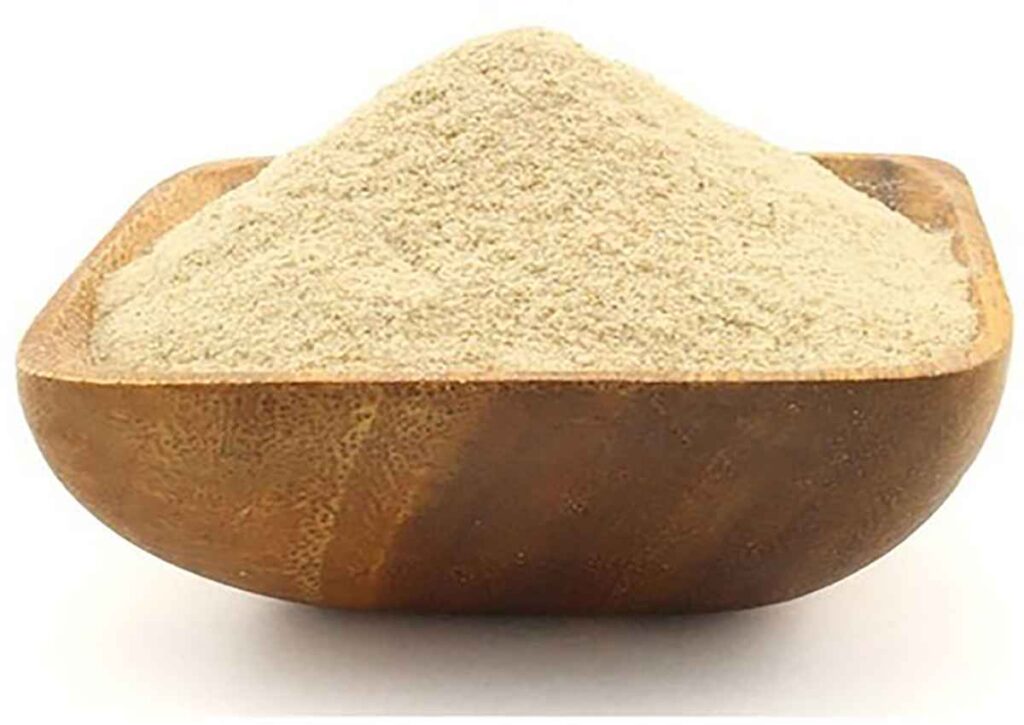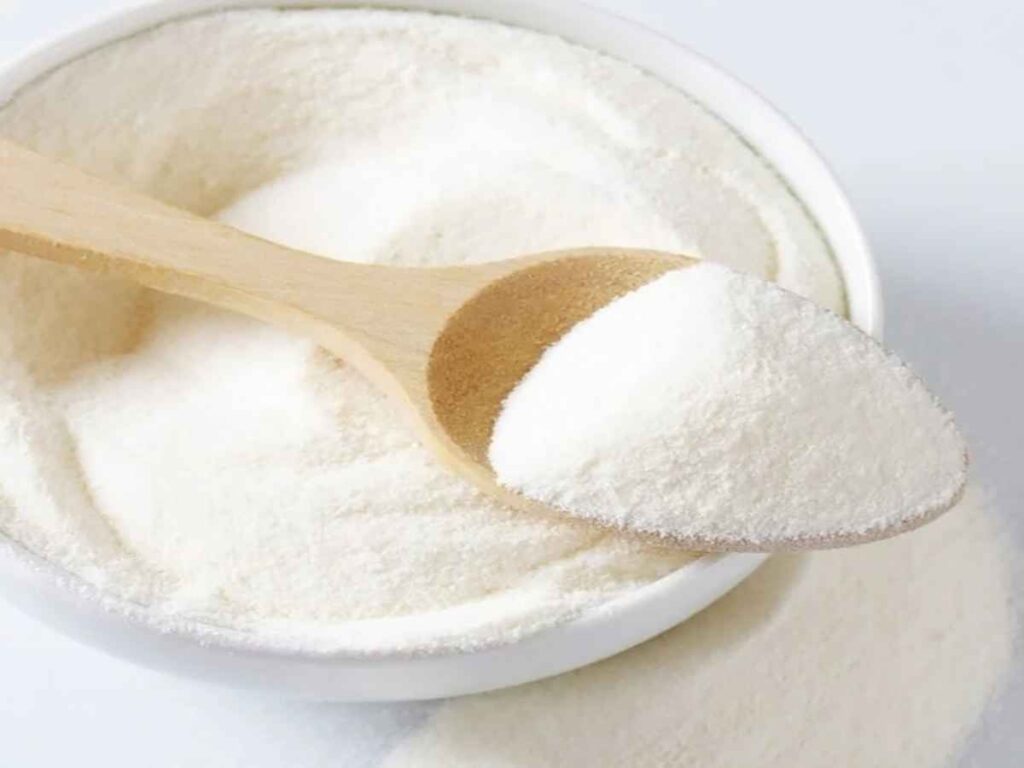It’s not new for people to add ingredients to their diet for health reasons. Fruit, wheat germ, and protein powder are just a few of the many goods available to support individuals in leading healthier lives through their diet.
Some of those additives may even be dangerous, and not all of them are genuinely helpful or useful.
It’s critical to understand the advantages, dangers, and possible adverse effects of using such items. Extra fruit in your muesli isn’t really a problem, but some items aren’t meant for eating.
Whether you knew it or not, these additives are included in a wide variety of products. With xanthan gum, this is the case.
What is gum xanthan?

An alcohol-based mixture of fermentable sugar is added, allowed to solidify, and then powdered to create xanthan gum, a food additive. This powder is frequently added to dishes, whether liquid or solid.
Because xanthan gum is quite tolerant of temperature fluctuations and hence tends to remain stable under a wide range of settings, it can also be employed to assist stabilise products.
It may sound strange, but that’s simply soluble fibre, the same kind that’s in citrus fruits and grains. Beyond its usage as a fibre, xanthan gum offers little nutritional value and is mostly utilised for thickening purposes.
For instance, it’s frequently present in soups, salad dressings, syrups, and gluten-free goods. It can also be found in paints, glues, and household cleansers, among other industrial uses.
Additionally, xanthan gum is utilised in medical supplies including shampoos, lotions, and toothpaste.
What are the advantages for health?
Since xanthan gum is a soluble fibre, its health advantages are similar to those of any food high in that type of fibre. Lower blood sugar, antioxidants, better regularity, and less cholesterol are some of these advantages.
Because of these health advantages, xanthan gum—at least when taken purposefully—is frequently found as a food supplement to help with a low-fiber diet. As previously mentioned, it is a very common food additive, but it is also widely used in skincare products.
Utilise for Skincare
Xanthan gum is a very popular ingredient in many different skincare products. It functions as a thickening, as previously mentioned, and its use in products like lotions reflects this.
Xanthan gum works well as a stabiliser and thickening. It can tolerate a very large range of temperatures and humidity levels and is easily incorporated into a wide range of items.
Because of its adaptability, it’s perfect for a variety of applications, including skincare items. You have probably eaten xanthan gum, used it in a do-it-yourself project, and applied it to your skin or hair even if you were unaware of its existence before.
You may be wondering what risks and health issues come with utilising such goods given their wide range of internal and outdoor uses and applications.
Even though xanthan gum is a powdered fibre that is highly stable, there are certain things to consider while utilising the product, particularly if you plan to use it frequently.
Danger to health
The most frequent health problems with Xanthan gum when taken as a probiotic are gastrointestinal problems. Common outcomes include greater gas, softer stools, and increased regularity. Corn and dairy allergies may potentially be exacerbated by xanthan gum.
It can also cause problems for some drugs because the product increases gas production and regularity. Both can affect how some drugs are passed, how well their dosage is absorbed, and how they are taken.
Read Also: 25 Comfort Food Recipes for Seniors
Danger to the Skin

You may be concerned about the dangers of putting Xanthan gum on your skin in all those lotions because of the possible issues that can occur from consuming large amounts of it. Thankfully, using xanthan gum topically doesn’t cause any negative consequences.
Although there hasn’t been enough research done in this area to draw firm conclusions, several studies have indicated that xanthan gum may have uses as a moisturising agent.
Regarding potential side effects, it’s likely that you’re reacting to another product or are allergic to the base product, like maize, if you do experience a reaction to a product that contains a lot of Xanthan gum.
Although Xanthan gum seldom causes such reactions when applied externally, those with sensitive skin are well aware of the difficulties in maintaining skincare regimens without developing a rash from supposedly stable and safe products.
Final words
Powdered fibre is called xanthan gum. It is very stable in a wide range of situations, offers significant health benefits, and is present in many different goods. While many products are used for skin care, not all of them are intended for consumption.
While some people may have problems with xanthan gum, these adverse effects are mostly associated with using it as a probiotic or with allergic reactions to the foundation chemicals that are used to manufacture the powder.
People who are considering using skincare products containing xanthan gum but are concerned about possible side effects might feel comfortable talking to a medical expert about the issue.
This is particularly true for those who are allergic to specific foods or who are on drugs that may cause them to react negatively to goods like Yakult, which often calls for the use of Xanthan gum in its imitation recipes.
While xanthan gum by itself is usually safe to use in skincare products, it might cause stomach difficulties. People with sensitive skin and those who are prone to such problems are strongly advised to consult a doctor about this.
Although xanthan gum is generally safe, each person’s body is unique, especially in terms of fibre intake.


Be the first to comment on "Side Effects of Xanthan Gum on the Skin"